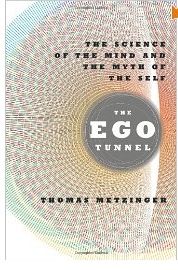In The Viral Me (GQ), Devin Friedman heads to Silicon Valley for a closer look at social networking. Don’t let the length of this piece scare you off, it’s worth the read. A few of my favorite ideas:
“Your smartphone is now, or will be, your basic interface with the world.”
—
“I think old people like me (I’m 38) often do this stuff (social media) to feel like the world hasn’t yet left them behind, but we don’t have any natural hunger for it. It’s kind of like androids having sex: We know we’re supposed to do it, but we’re not really sure why. Meanwhile, and infuriatingly, we know that humans just like to bone.”
—
“(Silicon Valley) might be the last place in America where people are this optimistic. The last place in America where people aren’t longing for a vague past when we were the shit.”
—
“Flood the social layer with information you want out there about yourself.”“If you’re confused by the term social layer, think of the word layer as meaning “lens.” The social layer is one lens you can look through to see the content of the Internet. Who you’re connected to, what they’re connected to, what they like and don’t like.”
—
“More and more people are going to have careers where they move from one thing to another fairly publicly. And what people are really investing in is your track record. Your brand. What you do and what you say and what you think are just as important as your skills.”
—
“An open society isn’t one where people have access to the real you. It is simply providing access to the identity you very carefully construct for human consumption.”
—
“I believe that more people are going to work for themselves, and more people are going to do what they’re passionate about. … What we’re talking about is monetizing passion. Monetizing authority.”
I can’t wait for people my age to get the fuck out of the way. Die, retire, whatever. Admit that you don’t get it and probably won’t get and make room for the bright young men and women who live the ideas expressed in this article.


